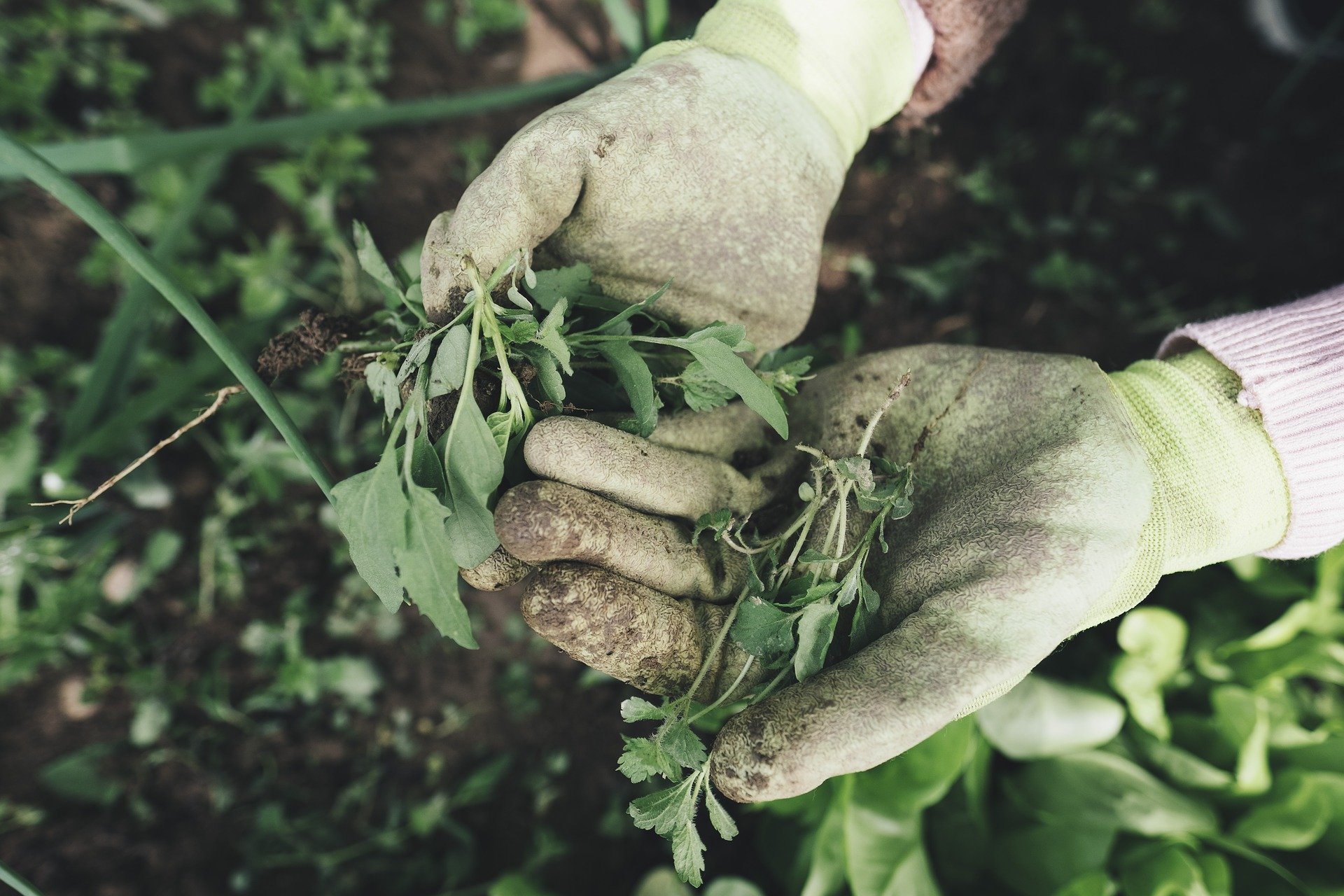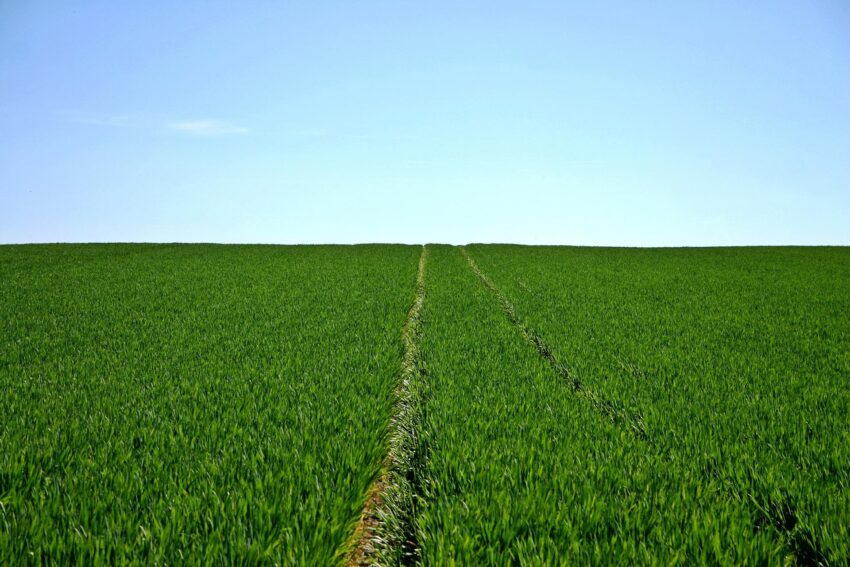Agriculture is the science of producing food. There are two types of agriculture: organic and conventional. Organic farming uses natural methods to produce crops without using chemicals or synthetic fertilizers. Conventional farming uses chemical pesticides and fertilizers.
Organic farming has become very popular over the years because it’s considered healthier for both humans and animals. The USDA estimates that 80% of Americans eat at least some organic foods.
There are several benefits to organic farming. For example, organic farms tend to use fewer resources and less energy. They also provide better soil quality and higher crop yields.
What's in this article :
How is organic farming done?

Organic farming has become very popular over the last decade. Many people believe that organic food is healthier and better tasting than conventional foods. But how exactly does organic farming work? What are the benefits of organic farming?
Organic farming is a method of agriculture that uses methods such as crop rotation, cover crops, composting, and natural fertilizers to reduce or eliminate the use of synthetic pesticides and chemical fertilizers. The term “organic” means that no chemicals are used during the growing period.
Organic farming is a great way to produce high-quality food without using harmful chemicals. There are several advantages of organic farming. For example, organic farms don’t use toxic chemicals, which makes them safer for consumers. They also require less water and energy, and they provide a cleaner environment.
After learning how organic agriculture works, let’s examine the tools used in agriculture together.
1. Soil Testing Tools

Soil testing is a great way to determine what type of fertilizer should be applied to your crops for organic farming. There are many types of soil testing tools that can help you determine how much nitrogen, phosphorous, and potassium is present in your soil. Tools used in agriculture let you know if you need to add any fertilizer.
2. Weed Control Tools

Weed control tools are necessary to keep weeds from taking over your garden. Being one of the tools used in agriculture, these tools come in different shapes, sizes, and designs. Some weed control tools include hand-held sprayers, backpack sprayers, and even electric weed trimmers.
Weed control tools used in organic farming can be divided into four groups: mechanical weed removal tools, herbicides, pesticides, and biopesticides. Mechanical weed removal tools include hand weeding, mowing, and tilling. Herbicides are toxic chemicals that kill weeds by damaging their cells. Pesticides are non-toxic chemicals that kill pests. Biopesticides are biological products that kill pests without harming humans or other animals.
3. Fertilizer Application Tools

One of the methods used in agriculture is fertilizer application tools to apply fertilizer to your plants. You can use these tools, especially used in organic farming, to apply liquid fertilizer, granular fertilizer, or both. Some common fertilizer application tools include hoses, spreaders, and trowels.
Fertilizers are chemicals that are applied to the soil to improve its quality and increase the yield of crops. They can be classified into three types: organic fertilizers, chemical fertilizers, and biofertilizers. Organic fertilizers are derived from natural sources, such as manure, compost, and green waste. Chemical fertilizers contain synthetic materials, such as ammonium nitrate, urea, and phosphoric acid. Biofertilizers are produced by microorganisms, such as bacteria and fungi.
4. Watering Tools

Irrigation tools used for agriculture can be divided into two categories: manual watering tools and automatic watering tools. Manual watering tools include hand-held sprayers, sprinklers, and hoses. Automatic watering tools include drip irrigation systems and automated misting systems.
5. Mechanical power tools Tractors

Tractors, which are used as mechanical power in agriculture, are indispensable machines of organic farming that use the power from diesel engines or electric motors to pull the tools in the field. Organic farming can be done by horses, mules, or oxen, but it is not a substitute for a tractor. In agriculture, tractors are often used to pull combines, sprayers, planters, and other equipment necessary for organic farming, as they require speed and power..
6. Harvester tools

A harvester is an organic farming machine designed to collect crops from the ground. This includes both grain and fruit harvesting. An agricultural combine may have a single row of teeth (like a comb) that pulls the crop into the machine. Or, it may have two rows of tines, such as a rake that cuts through the crop and then drops it into a bin.
7. Sprayer tools

Sprayers are agricultural devices that spray pesticides on crops. There are many different types of sprays indispensable for organic farming, including water-based sprays, oil-based sprays, and gas-based sprays. Water-based sprays usually consist of a container of water with some type of chemical added to kill pests. Oil-based sprays usually contain chemicals that break down over time and release their pesticide slowly. Gas-based sprays work similarly to aerosol cans, but instead of spraying liquid, they spray pressurized gases.

